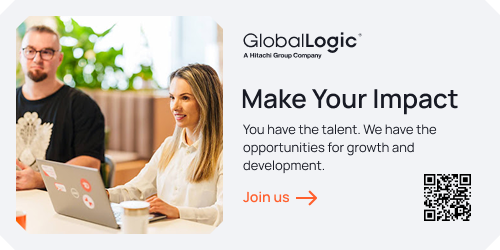The Problem of Side Effects
Known under the acronym OOP, the Object Oriented Programming was introduced in the ‘60s with the language Simula67. It's the paradigm used by most of the software shops. It is supported by the mainstream programming languages like Java, C#, C++, Python, Ruby. OOP is an imperative paradigm which means that the program describes the way the system state is changed during the execution. The system is modeled through classes of objects. Each class describes the state variables of its instances, their properties and the actions that we can run on them. Through encapsulation we hide the implementation details and this way the user of the class is only interested in the interface exposed by that class. This way we can model the world around us. It seems like a very natural approach but still there are a few major problems. The problems start from the fact that, except for the constant methods, all the member functions produce side effects because they change the state of the object on which they are called or the states of other objects they have access to. Most of the object-oriented code is written this way.
























